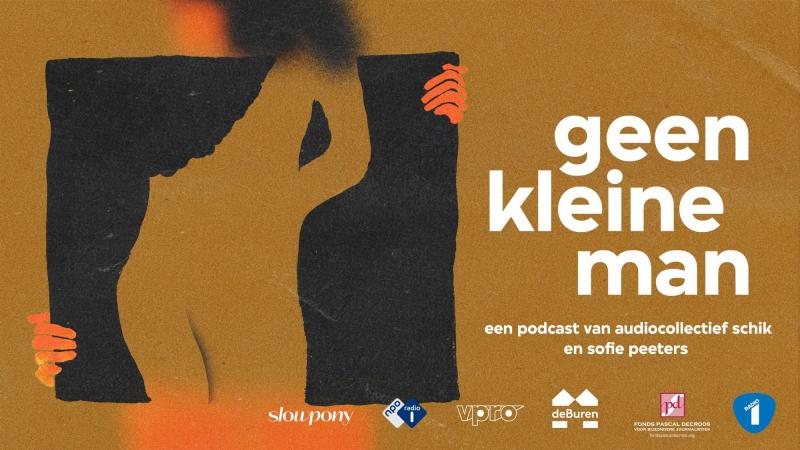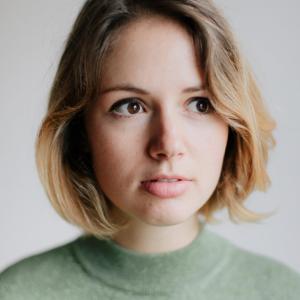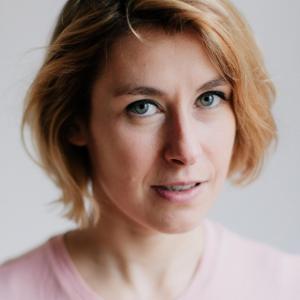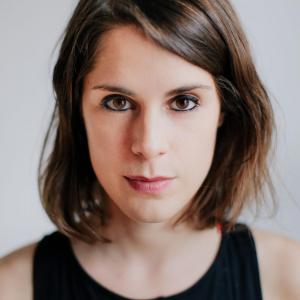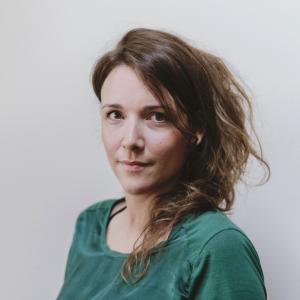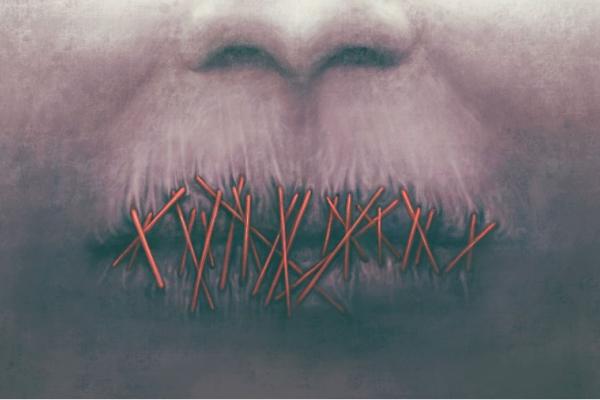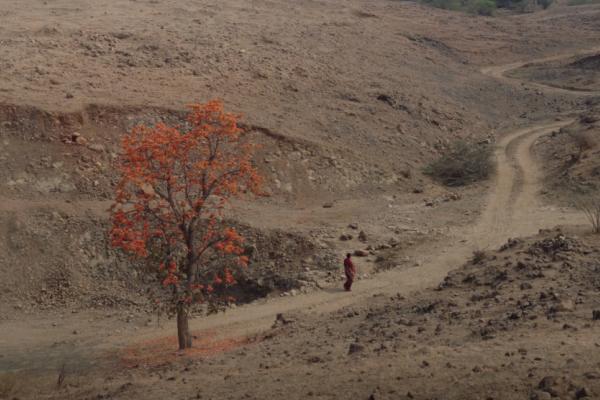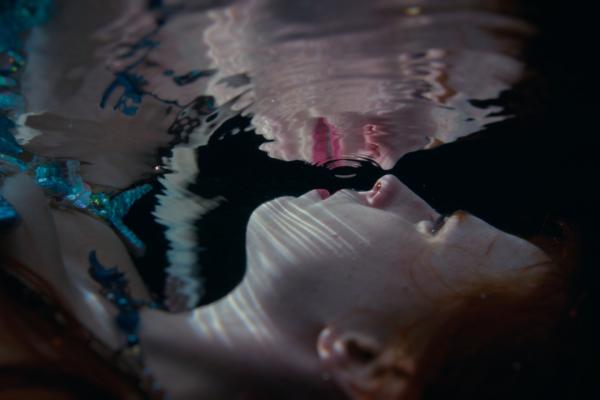From the age of 17, Sofie (35) has been plagued by anxiety attacks. First one. Strange. Then another. What is this? Until she is gasping for breath every day in the auditorium, the train, the concert hall... Sofie seeks help: from her GP, the physiotherapist, the psychotherapist. But they are faced with a mystery. For ten years, Sofie tries to live with the fear. Until it suddenly disappears as it came... when she stops taking her contraceptive pill. Why, for ten years, has no medically trained professional made the connection between her hormonal contraceptive and the fear? Why did neither she nor anyone around her think of this?
What do we actually know about the female body and the impact of hormones? Are there other disorders hiding in a woman's body that we know fundamentally too little about, despite our sophisticated health care and emancipated society?
After all, women are ... not little men, right? For a long time, however, the female body was seen as such: the same, only slightly lighter and with different sexual organs than her male counterpart. Medication, diagnoses, examinations: everything is based on the prototype of the male body. As a result, knowledge of the female body lagged behind, resulting in many problems that still exist today. For example, women experience side effects of medication significantly more often than men and certain conditions, such as cardiovascular diseases, endometriosis and ADHD, are difficult to recognise, too late or not at all in women.
In recent years there has been hope: the World Health Organisation has sounded the alarm. There is a need for 'gender sensitive medicine'. What do we now know about women's bodies and what still needs to be researched? In Geen kleine man, various professionals help solve this riddle, including Professor Toine-Lagro Janssen, researcher Aranka Ballering, cardiologist io Chahinda Ghossein and many others. Also given a voice are the women whose lives have been marked by a long search for a diagnosis.
No Little Man is a cross between an investigative documentary and a human, compelling story.
